On the morning of November 26, at the 10th session of the 15th National Assembly , with the majority of delegates voting in favor, the National Assembly passed four draft laws, including the Extradition Law , the Transfer of Persons Serving Prison Sentences, the Law on Mutual Legal Assistance in Civil Matters, and the Law on Mutual Legal Assistance in Criminal Matters.
On the morning of November 26, the National Assembly passed the draft laws.
PHOTO: GIA HAN
The Ministry of Public Security is the central agency for extradition.
According to the provisions of the Extradition Law, the Ministry of Public Security is the central agency of the Socialist Republic of Vietnam on extradition.
A person who can be extradited is a person who has committed a crime for which Vietnamese law and foreign law prescribe a prison sentence of 1 year or more, life imprisonment or the death penalty, or who has been sentenced to prison by a court of the country requesting extradition and has at least 6 months remaining to serve the prison sentence.
During the law-making process, there were suggestions to raise the minimum penalty for extradition to 2 years in prison or more, in order to ensure effective international judicial cooperation and avoid wasting administrative resources on small cases. This also demonstrates a humane policy, only extraditing really serious acts that pose a danger to society.
However, the National Assembly Standing Committee said that the penalty threshold of 1 year in prison is a content inherited from the current Law on Judicial Assistance, in accordance with international practices and commitments in extradition agreements that Vietnam has signed, to ensure flexible and timely cooperation in many cases and not limited to serious crimes.
In practice, the competent authority may consider the possibility of extradition of a person who has committed a crime for which the law prescribes a prison sentence of 1 year but that person has an important role in resolving the case.
The National Assembly Standing Committee also believes that the State's humanitarian policy is guaranteed through a review mechanism in each specific case, not by setting additional criteria on the level of punishment.
Raising the prison threshold would make extradition impossible in low-sentence cases that still have clear international implications, reduce the effectiveness of international judicial cooperation, and fail to address the risk of human rights violations in individual cases.
Chairman of the Committee on Law and Justice Hoang Thanh Tung presented a report on receiving and explaining draft laws.
PHOTO: GIA HAN
Notice of non-application or non-execution of the death penalty
Another important content in the Extradition Law is the provision on notification related to the death penalty for the person whose extradition is requested.
Accordingly, in case a foreign country requests Vietnam not to apply the death penalty or not to execute the death penalty on the person requested for extradition, the Ministry of Public Security will preside over and coordinate with relevant ministries and branches to issue one of the following written notices.
One is to notify that the death penalty shall not be applied or the death penalty shall not be carried out on the person requested for extradition if the person requested for extradition is not subject to the death penalty or is not subject to the death penalty as prescribed by the Penal Code.
Second, the announcement of not executing the death penalty on the person requested for extradition not falling under the above cases after receiving the opinion of the President of the Socialist Republic of Vietnam.
In the case that Vietnam requests a foreign country not to execute the death penalty on the person requested for extradition, the Ministry of Public Security requests that the foreign country make a written commitment on this content.
The Minister of Public Security shall preside over and coordinate with the Chief Justice of the Supreme People's Court, the Chief Prosecutor of the Supreme People's Procuracy, the Minister of Foreign Affairs and heads of other relevant agencies to specify the above contents.
Phan Tuyen
Source: https://thanhnien.vn/quoc-hoi-thong-nhat-nguong-hinh-phat-co-the-bi-dan-do-la-1-nam-tu-185251126085958151.htm


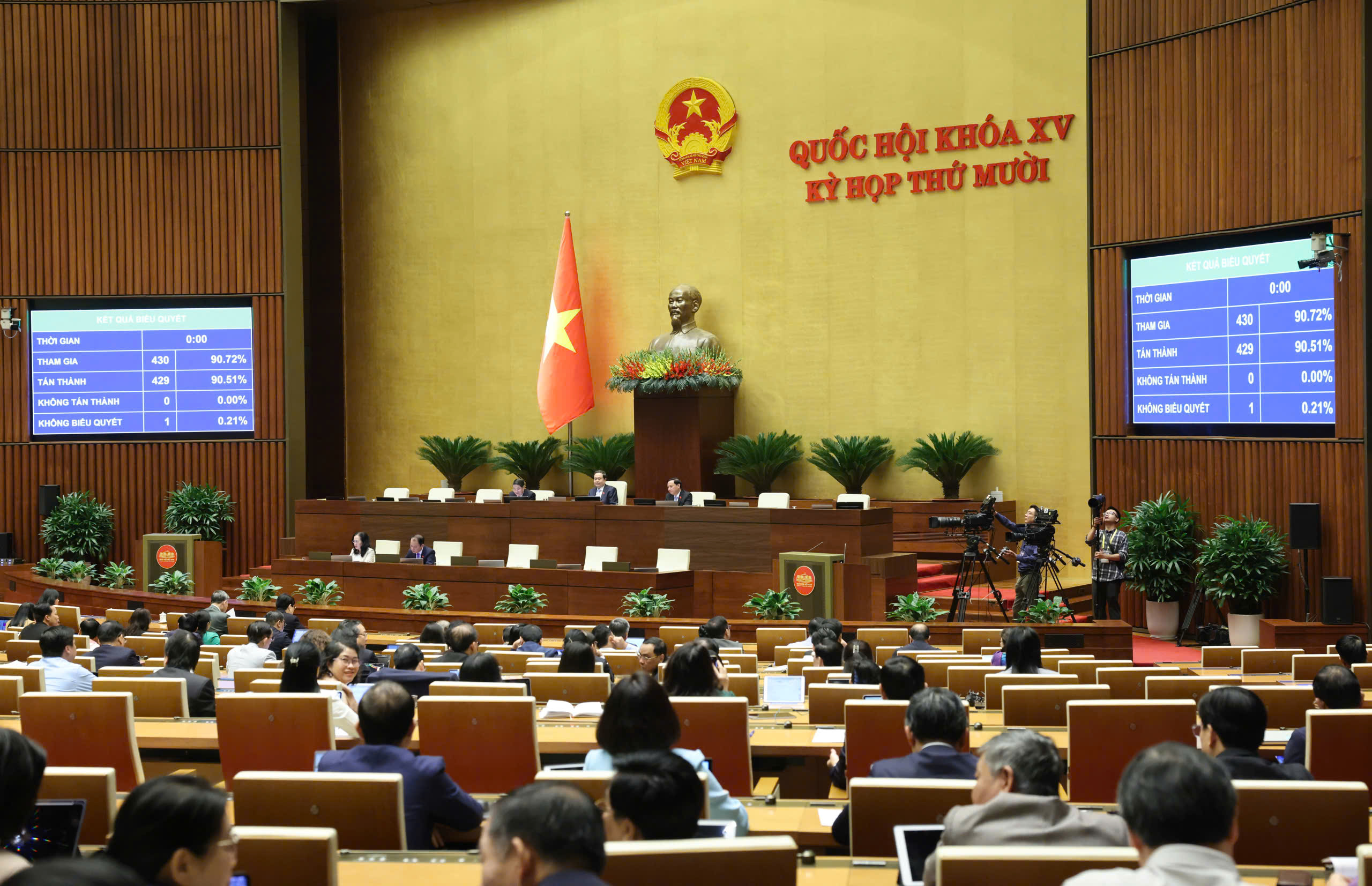
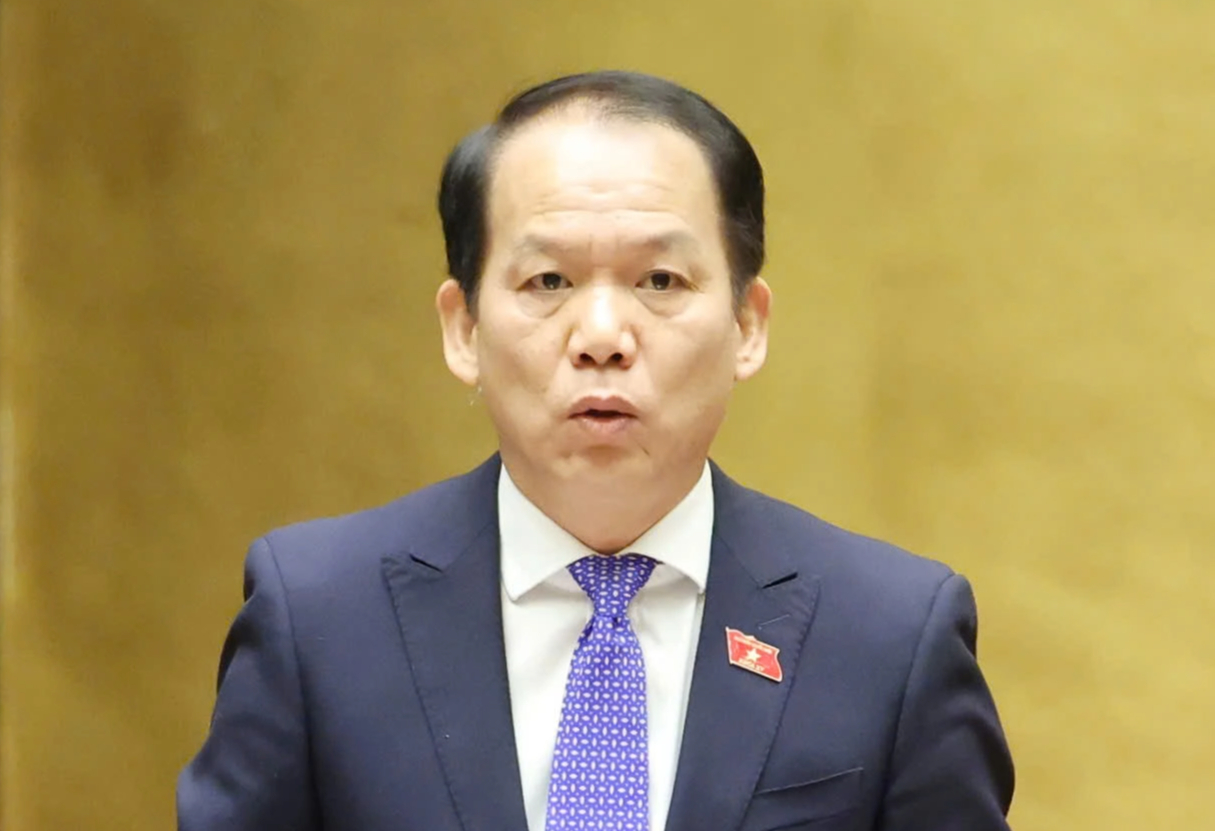



![[Photo] VinUni students' emotions are sublimated with "Homeland in the Heart: The Concert Film"](/_next/image?url=https%3A%2F%2Fvphoto.vietnam.vn%2Fthumb%2F1200x675%2Fvietnam%2Fresource%2FIMAGE%2F2025%2F11%2F26%2F1764174931822_10-3878-jpg.webp&w=3840&q=75)

![[Photo] Close-up of heavy damage at the school located on the banks of the Ban Thach River](/_next/image?url=https%3A%2F%2Fvphoto.vietnam.vn%2Fthumb%2F1200x675%2Fvietnam%2Fresource%2FIMAGE%2F2025%2F11%2F26%2F1764152130492_ndo_bl_img-8188-8805-jpg.webp&w=3840&q=75)
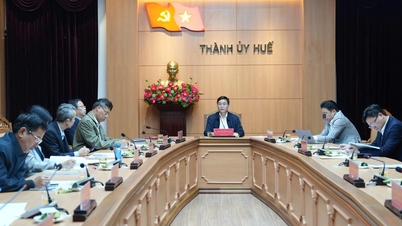



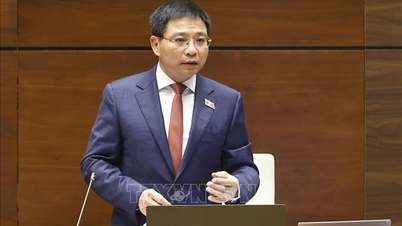

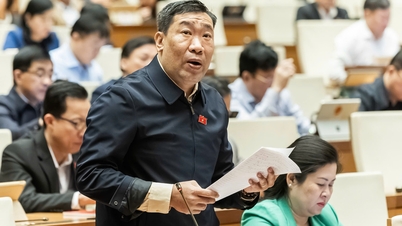

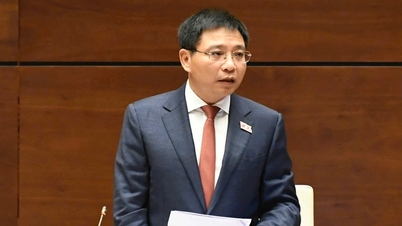

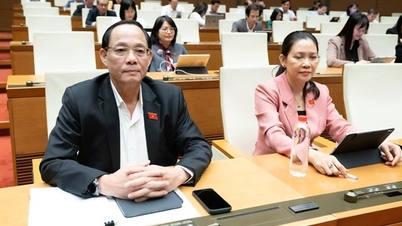

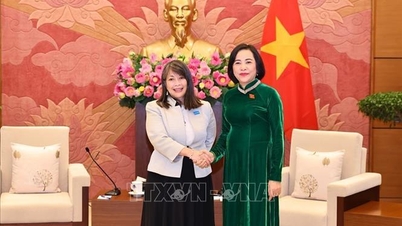
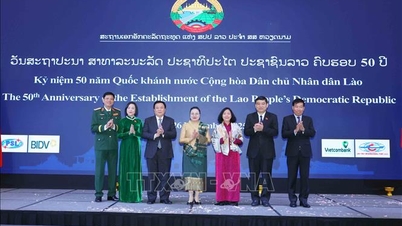

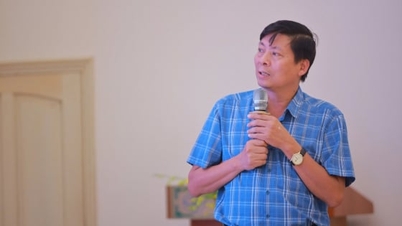

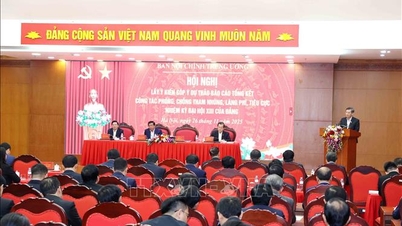
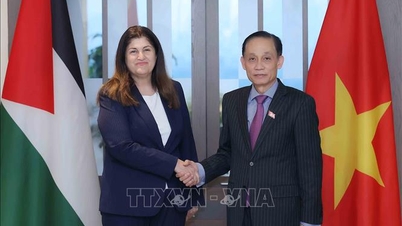









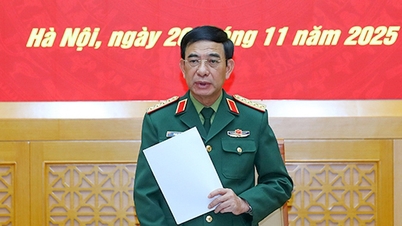









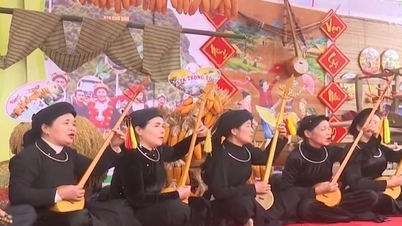

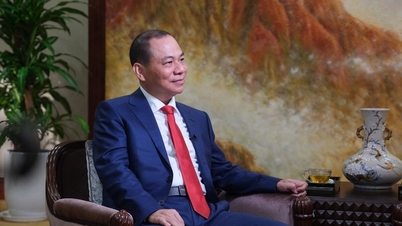


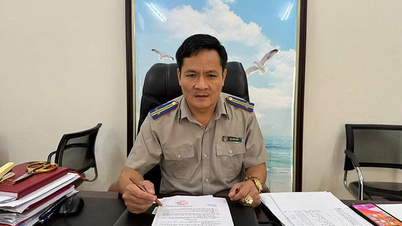

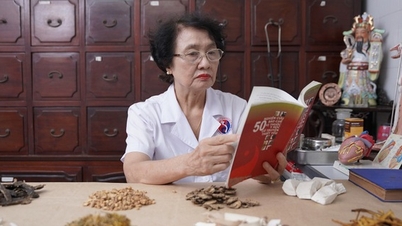



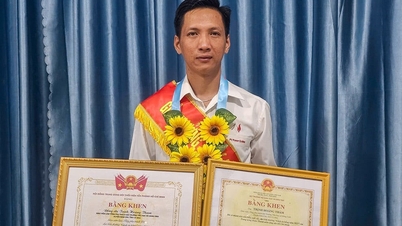

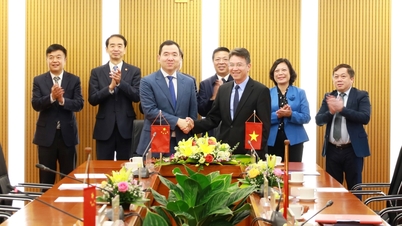





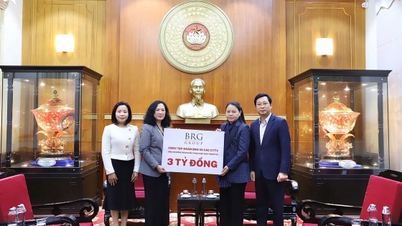










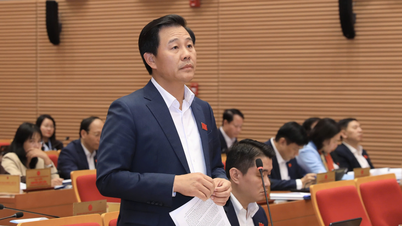
![[Photo] Opening of the 28th Session of the Hanoi People's Council](https://vphoto.vietnam.vn/thumb/402x226/vietnam/resource/IMAGE/2025/11/26/1764155991133_image.jpeg)










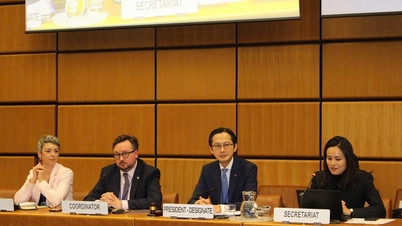




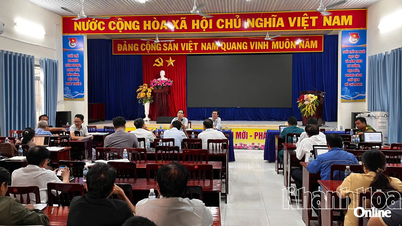














Comment (0)